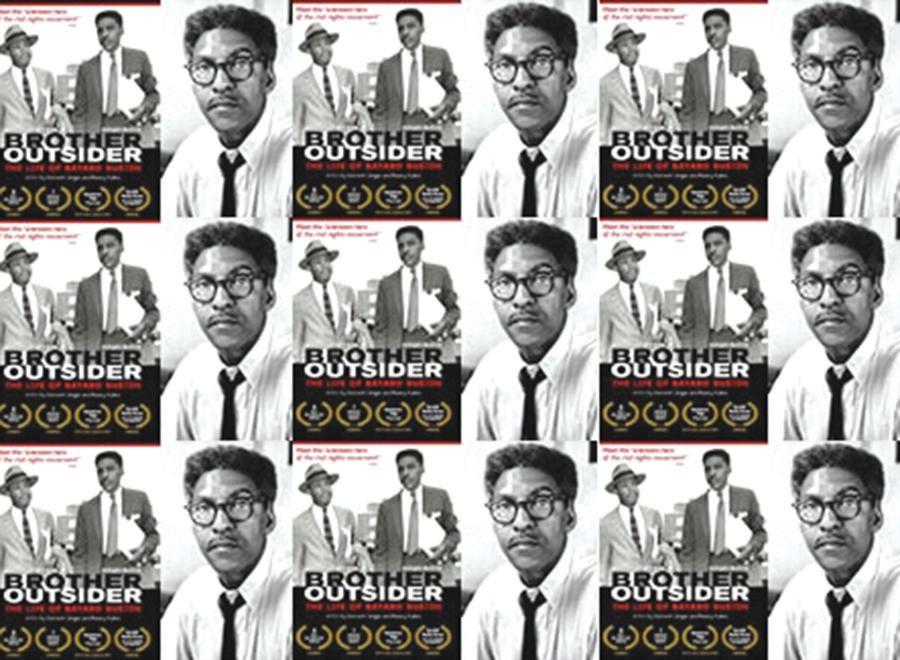‘Brother Outsider’ comes to NYU
February 23, 2015
The NYU Bookstore recently celebrated African American History Month by revering the life of social and political activist Bayard Rustin with the screening of “Brother Outsider,” a documentary directed by Bennett Singer and Nancy Kates about Rustin’s life. The film has won 25 international awards and honors through its use of rare archival footages.
The event was followed by a question and answer session with Singer. Walter Neagle, the author of “Bayard Rustin: The Invisible Activist,” was also present to read an excerpt from his book.
Rustin, a follower of Gandhi’s ideals, is a non-violent political activist who endured hardships of being openly gay during the 1950s. Neagle and Singer noted that young people in particular could learn from Rustin’s life.
“Really what needs to be done and continue to be done is partly what we’re doing tonight — to really educate people, especially the younger generation, many of them who are at the streets demonstrating about police brutality and also about infinite equality,” Neagle said.
Kates said the documentary’s real intention was to make people aware of defining moments in Rustin’s life.
“‘Brother Outsider’ is not a message film. But it tends to inspire viewers and audiences, primarily because of Rustin’s total commitment to his beliefs, starting in the 1940s as a young activist working on both racial segregation and peace issues,” Kates said. “He believed in nonviolent direct action, which he taught to thousands of people, including Dr. Martin Luther King, Jr.”
The inspiration for this award-winning endeavor came from yet another biography chronicling Rustin’s life.
“I was inspired to make the film after reading a review of Jervis Anderson’s biography of Rustin, entitled ‘Bayard Rustin: Troubles I’ve Seen,’ which came out in 1997,” Kates said. “I was amazed by the breadth of his career, and how much he accomplished in his 75 years.”
Singer and Kates faced challenges in naming the while creating the documentary. Originally named “American Socrates,” the producers changed the title to “Brother Outsider” after they realized not many Americans could relate to that title.
“I think the title works more specifically with Rustin, who was forced to remain an outsider in the movements he served, primarily because he was gay, which was not acceptable in the political realms of the 1940s-60s,” Kates said.
Stern freshman Ola Abdelrahman said, “Before today, I didn’t know much about Bayard’s Rustin’s life and political work and this event was a great way know more about this heroic figure. Rustin truly is an apt personality to celebrate African American history month.”
A version of this article appeared in the Monday, Feb. 23 print edition. Email Dhriti Tandon at [email protected].



























































































































































